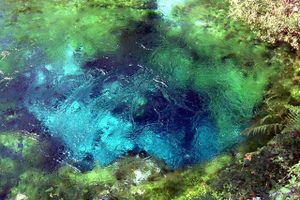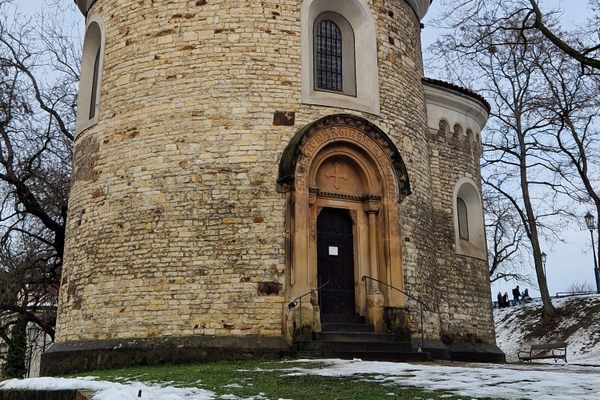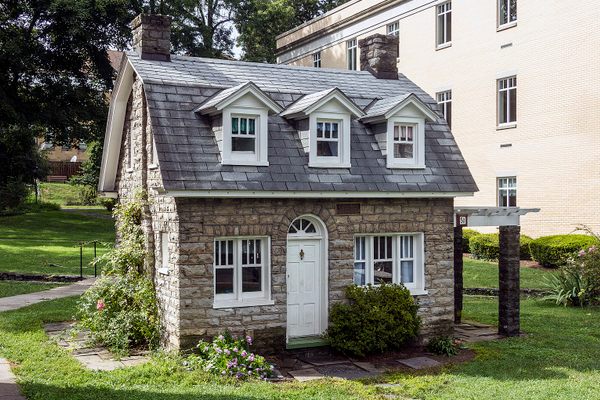About
Gjirokastër is a charming town in the south of Albania that is mainly famous for its homonymous castle and quaint cobblestone alleys. The older quarter of the city is a treasure trove of picture-perfect historical buildings, but one stands out from this multitude: Zekate House.
At the beginning of the 19th century, Gjirokastër was part of Rumelia, territories in southeastern Europe belonging to the Ottoman Empire. Rumelia was divided into different administrative units, each ruled by a pasha. Gjirokastër was part of a unit ruled by Ali Pasha, a political figure remembered for both his diplomatic skills and the atrocities committed under his name. Ali Pasha would crack down on dissenting entities with ferocity and rewarded loyalty handsomely. One example of Ali Pasha’s generosity towards his allies was the construction of a stately tower house in Gjirokastër, which he eventually gifted to the administrator of the town, Beqir Zeko.
The name of the house, Zekate, is an adjective form of the family name Zeko. Built between 1811 and 1812 using stones and timber from the region, this structure is considered an outstanding example of Ottoman architecture in Albania.
Zekate House consists of four floors, reachable through a set of wooden stairs. The ground floor, known as katoqi, was designated for the storage of foodstuff, firewood, and all cooking utensils. The first floor was where women spent most of their time, and a large room with a sofa suggests that this may have been the equivalent of a living room. The second floor is where the bedrooms are located, with a fireplace, rudimentary toilets, and a hammam.
Finally, the top floor consists of three large rooms, two with large windows to combat the heat of the summer weather, and one with fewer, smaller windows and a sizable fireplace suitable for the winter weather.
The audience room between the two towers is particularly remarkable. It is painted with colorful floral patterns and its tinted windows add to the cheerfulness of the room. A traditional sofa follows the walls around the room, and a large rug covers the whole floor. This room opens to a balcony with a commanding view of the Gjirokastër Castle and the Drino Valley.
Apart from the stonework, Zakate House is remarkable for the way it managed to preserve the wooden elements of the original structure, including the staircase, built-in wardrobes, lattice woodwork, ceiling, and the intricate structure supporting the roof.
Related Tags
Community Contributors
Added By
Published
March 15, 2023


























































